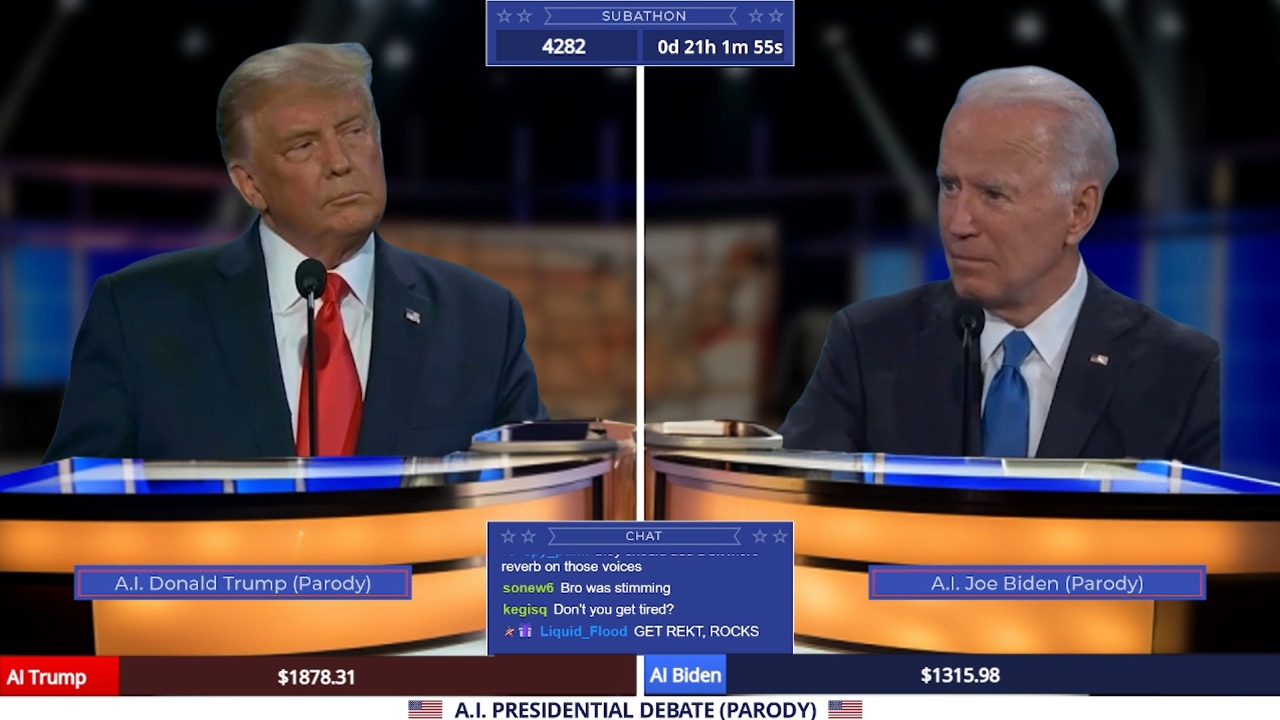
The integration of artificial intelligence (AI) into political campaigns has transformed the landscape of political communication and strategy. While AI offers numerous advantages, such as improved voter targeting and personalized messaging, it also poses significant risks. The potential dangers of AI in political campaigns are vast, including issues related to misinformation, privacy, and democratic integrity.
Manipulation of Information

One of the most alarming aspects of AI in political campaigns is its ability to spread misinformation. AI algorithms can be programmed to identify and prioritize sensationalist content over factual information, amplifying the reach of false or misleading narratives. This dissemination can occur on a massive scale, often making it difficult for voters to discern truth from fiction. For example, during election cycles, AI-driven bots can flood social media platforms with skewed facts or entirely fabricated stories, thereby shaping public perception and potentially influencing voter behavior.
Equally concerning is the rise of deepfakes and other forms of synthetic media. These AI-generated content pieces can create highly convincing but entirely false representations of political figures. Imagine a video showing a candidate saying something inflammatory that they never actually said; such content has the potential to sway public opinion and irrevocably damage reputations. The technology used to create deepfakes is advancing rapidly, making it increasingly challenging to detect manipulated media. The implications for political campaigns are profound, as voters may be misled by these fabricated or altered messages.
Privacy Concerns and Data Exploitation

AI’s ability to analyze vast amounts of data presents significant privacy concerns within political campaigns. Campaigns can use AI to create detailed voter profiles, which may include personal information like political preferences, social media activity, and even purchasing habits. This raises ethical questions about privacy invasion and the potential misuse of personal data. Voter profiling can lead to targeted harassment or the exclusion of specific demographics from campaign messaging, skewing the democratic process.
Moreover, AI’s precision in microtargeting allows political campaigns to deliver highly personalized messages to individual voters. While on the surface, this might seem advantageous for engaging voters, it also opens avenues for manipulation. Campaigns can tailor messages to exploit the fears or preferences of specific voter segments, thereby influencing their decisions in a manner that might not align with factual information. This targeted approach can also diminish the diversity of political discourse, as voters are exposed only to information that reinforces their existing beliefs.
Undermining Democratic Processes

AI-driven strategies have the potential to disproportionately influence electoral outcomes. By focusing efforts on specific demographics, campaigns can manipulate voter turnout and shift election results. For instance, AI can identify swing voters in key districts and deliver personalized messages that encourage them to vote, potentially altering the balance of power in an election. Such strategies, while effective, raise significant ethical concerns about fairness and equality in the electoral process.
Additionally, the use of AI in political campaigns can lead to an erosion of trust in democratic institutions. As AI technologies become more prevalent, voters may grow skeptical of the authenticity of campaign messages and the fairness of elections. If the public begins to doubt the integrity of the democratic process, the very foundations of democracy are at risk. This skepticism is compounded by the lack of transparency in how AI tools are deployed and the absence of accountability for their effects on election outcomes.
Regulatory and Ethical Challenges

The rapid advancement of AI technologies in political campaigns presents significant regulatory challenges. Current frameworks often lag behind technological innovations, creating gaps in oversight and accountability. Without robust regulations, there is little to prevent the misuse of AI in ways that could undermine democratic processes. This lack of oversight is particularly concerning when it comes to ensuring transparency in how AI-driven strategies are employed during campaigns.
The ethical dilemmas associated with AI in politics are equally complex. Balancing the benefits of technological innovation with the need to protect democratic values requires careful consideration. For instance, while AI can streamline campaign operations and enhance voter engagement, it can also be used to infringe on privacy or spread misinformation. Policymakers and stakeholders must grapple with these ethical questions as they seek to develop guidelines that safeguard democratic integrity while allowing for technological progress.
Potential Solutions and Safeguards

To address the risks associated with AI in political campaigns, stakeholders need to focus on implementing robust regulations. Developing comprehensive policies that govern the use of AI technologies can help mitigate risks and protect democratic processes. Such regulations could include mandating transparency in how AI tools are used, setting standards for data privacy, and establishing accountability mechanisms for the dissemination of misinformation.
Another critical step is promoting digital literacy among voters. By educating the public about AI technologies and their potential impact on political campaigns, citizens can become more discerning consumers of information. This knowledge empowers voters to critically evaluate the content they encounter, reducing the likelihood of manipulation by AI-driven misinformation. Educational initiatives can include workshops, online resources, and collaborations between educational institutions and civil society organizations to raise awareness about the challenges and opportunities presented by AI in politics.